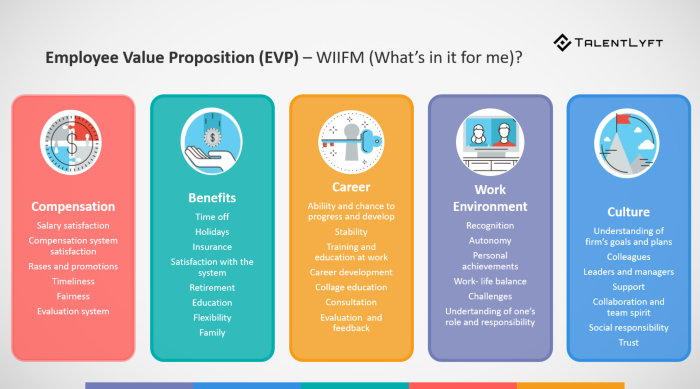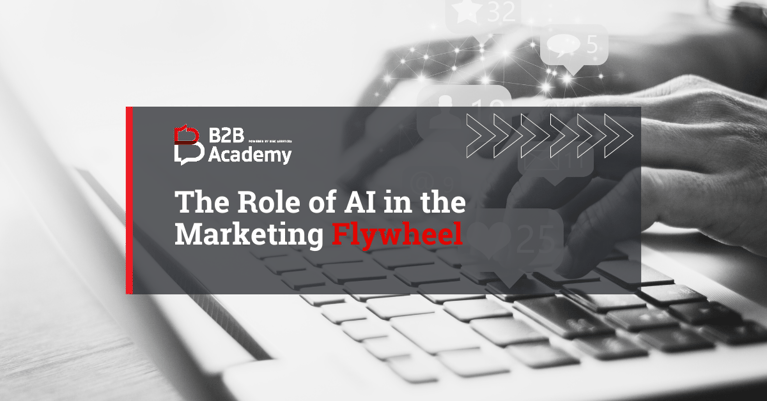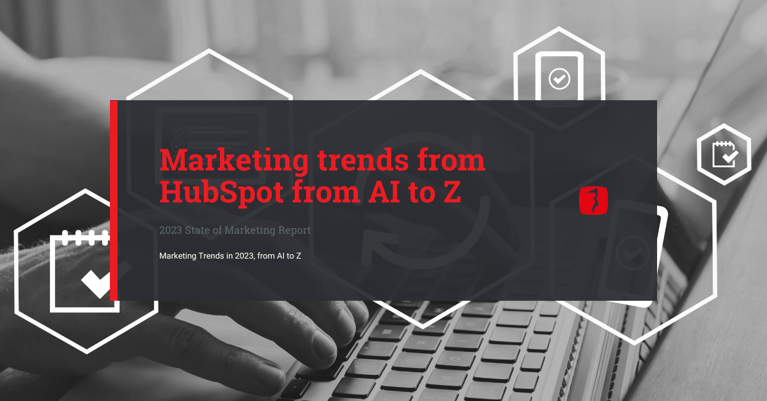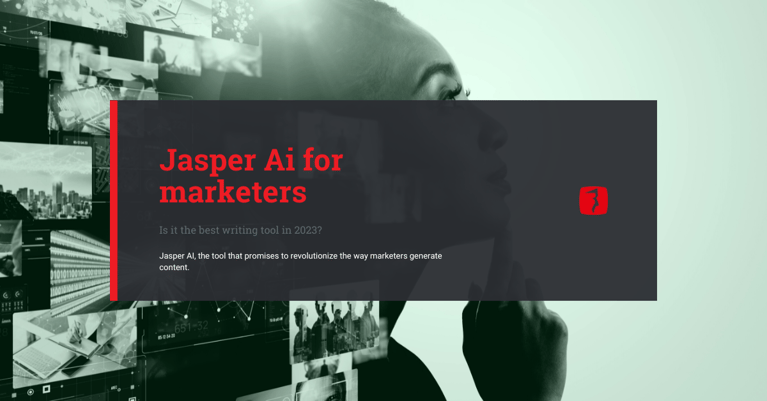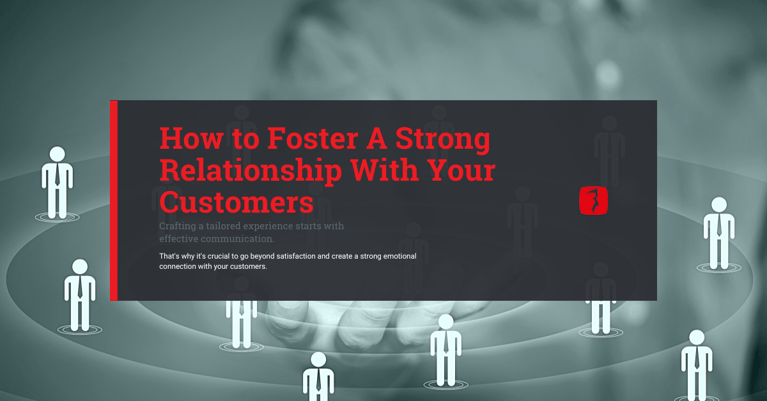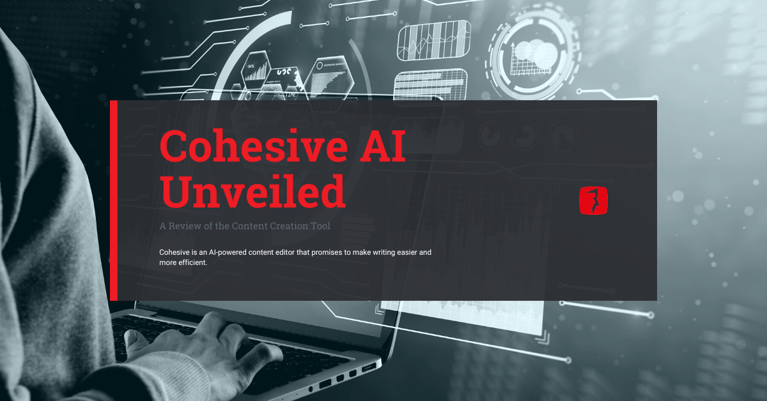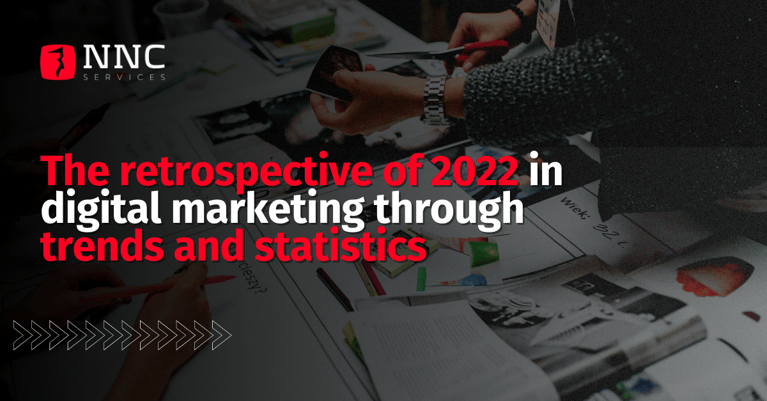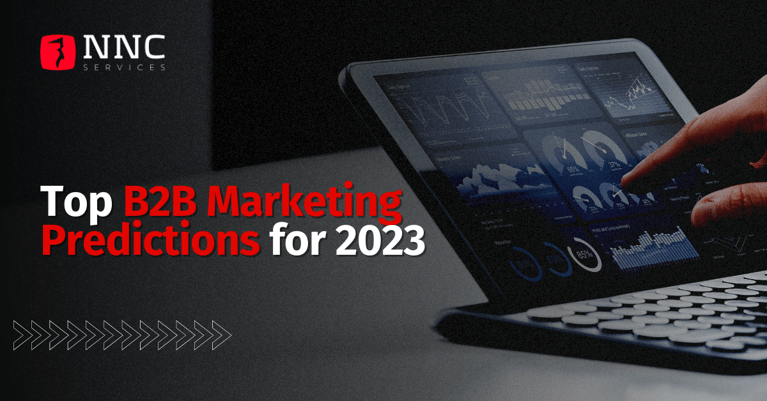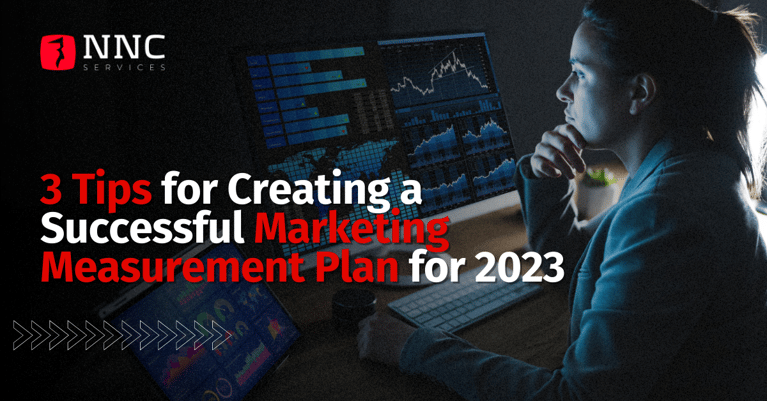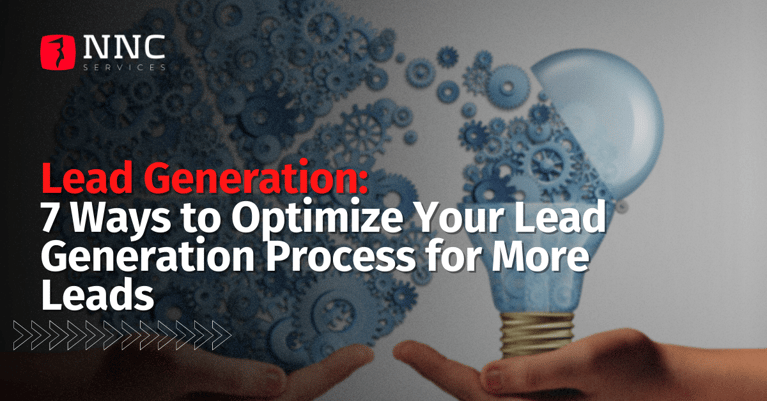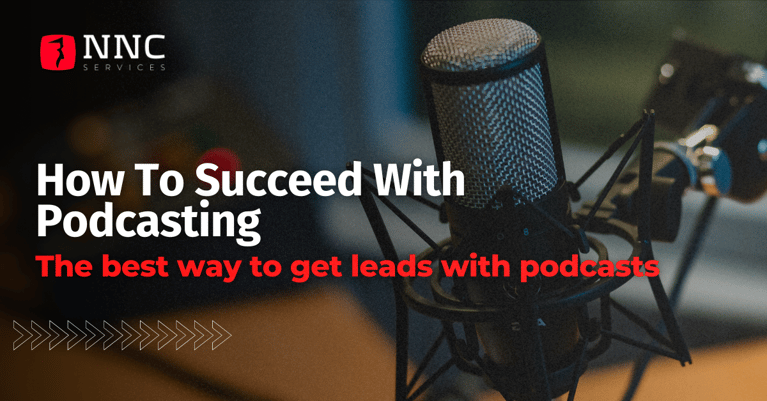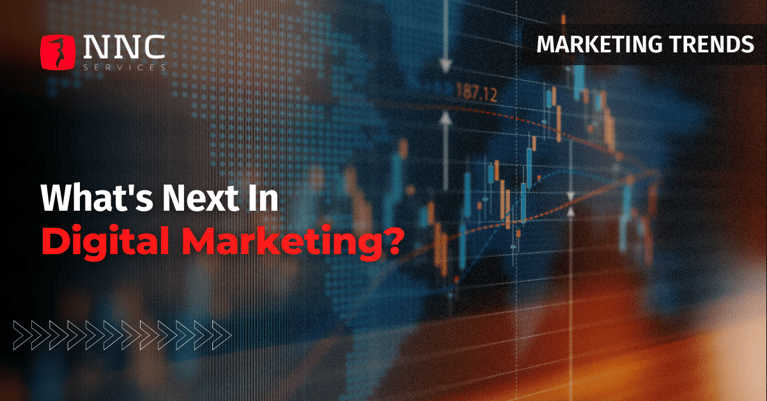How to Build a Strong Employer Brand for Recruitment Marketing
By B2B, B2B Marketing, Employer Branding, Recruitment Marketing
According to a Linkedin study, more than 75% of employees research a company’s reputation before applying for a job, and almost 69% will refuse to work with you if they’re not satisfied with it. And for a good reason. The recruiting process has evolved tremendously in the past few years and there’s something that companies have started to understand. Simply waiting for the ideal employee is just not enough! Moreover, due to a large number of similar businesses on the market, many recruiters have started to implement innovative marketing strategies in order to attract employees and differentiate themselves from other market players.
As we mentioned above, two of the strategies that many companies rely on are employer branding and recruitment marketing, and although they might seem alike, there are a few notable differences between these two. Let’s clarify this confusion once and for all!
What is Employer Branding?
Before we start discussing the particulars of EB and RM, it’s essential to understand what each one means. Unlike any other recruitment strategies, employer branding is all about promoting your company as a desirable organization in front of your targeted candidates.
Having a strong employer branding has become mandatory these days, which means you need to focus on your company’s values, vision, and mission if you haven’t already. Furthermore, there are five Employment Value Propositions (EVP) aspects you should follow in order to be perceived as a great employer:
In the opinion of TalentLyft, maintaining a fair balance between these benefits will make your company stand out, draw 50% more qualified candidates, fasten the hiring process and reduce cost per hire by 50%.
(Foto source - TalentLyft)
What is Recruitment Marketing?
Moving on, recruitment marketing is mostly known as the process of promoting your employer brand on different channels such as social media, career pages, job boards, company profiles, networking events, and many others.
The first calling of every RM strategy is delivering the right message, at the right time, in front of the right candidates. But luring the best talents to apply on your vacant jobs ain’t such an easy task. First things first, you have to get to know them: what type of content they like, what are their expectation regarding a job, what’s their ideal working environment and so on. If you’re not sure of the answers to these questions, keep on studying.
Furthermore, let’s say your content is excellent, but the platform you used to share your vacant job does not include your targeted audience, or maybe your text is not correctly optimized for search engines. All these and many other are essential factors you should consider if you want to reach out to more qualified candidates.
Employer Branding Vs. Recruitment Marketing
By now it should be clear that EB and RM are two elements that rely on each other, but which one comes first? Some recruiters will say employer branding while other will stick with recruitment marketing; we say both. But there are a few notable differences we would like to bring to the fore.
First of all, notice that employer branding is the core and recruitment marketing is the shell. Mixing these two will increase the chances of your company to get known as an employer of choice. A good reputation is worthless unless you know how to promote yourself, or maybe you are really good at drawing attention to your company, but your employer branding situation is not engaging at all. Either way, you need to find a balance and maintain it.
Second of all, get used with constant changes because, although employer branding is more consistent and persistent, recruitment marketing evolves, always. People are changing and so should your strategies for attracting candidates if you want to keep their attention. For example, something that really catches millennial's attention nowadays is video content. Also, it has been proven that over 57% of job seekers use social media during their job research, so make sure you’re maintaining a valuable social presence.
Why is Employer Branding so Important?
Finding the right applicants with the proper skills seems to be a challenge for more than half of the employers. However, there are companies who enjoy an increased retention rate amongst the employees. What’s their secret? In order to build a strong employer brand for your company, you have to differentiate yourself from other organizations within a similar niche. This means to ensure that your company's goals are promoting aspects of its cultural values, traditions, and benefits. Furthermore, another important aspect to keep in mind is that your current employees are the best advocates and ambassadors of your employer brand. Taking good care of your staff members can lead to better engagement, higher retention and an increased number of applications when a job vacancy comes up.
Final Thoughts
Building a strong employer brand and distinctive recruitment marketing might take time, but once you figure it out, this is the best way to convert candidates into new employees and then into brand advocates. Are you facing hard times trying to implement your employer branding and recruitment marketing strategy? Let us know in a comment below or contact us office@nnc-services.com.
Latest Posts
Categories
- B2B Marketing (190)
- blog (147)
- Social media marketing (68)
- social media (52)
- Marketing (42)
- Digital Marketing (41)
- Lead Generation (39)
- Marketing Strategy (34)
- Lead Generation (33)
- Press releases (27)
- B2B (26)
- Behind the Scenes (26)
- marketing automation (26)
- Content Marketing (23)
- Marketing (21)
- Strategy (21)
- b2b tactics (19)
- b2b business objectives (17)
- online marketing (17)
- SEO (15)
- content marketing (15)
- Business continuity (14)
- google ads (14)
- AI (13)
- AI Marketing (13)
- B2B Campaigns (13)
- B2B business (13)
- PR Communication (13)
- Business Growth (12)
- PPC (12)
- b2b lead generation (12)
- b2b strategy (12)
- B2B Blogging (11)
- Marketing News (11)
- Marketing Planning (11)
- B2B PPC Campaign (10)
- Conversion Rate (10)
- Employer Branding (10)
- Marketing Automation Tool (10)
- marketing tips (10)
- Social Media Strategy (9)
- White papers (9)
- artificial intelligence marketing (9)
- inbound marketing (9)
- B2B companies (8)
- B2B email marketing (8)
- Fractional CMO (8)
- b2b social media (8)
- crisis management (8)
- marketing automation for B2B businesses (8)
- online PR (8)
- E-books (7)
- HubSpot (7)
- Pinterest (7)
- SEO trends (7)
- Twitter (7)
- b2b sales (7)
- content strategy (7)
- marketing plan (7)
- social networks (7)
- ABM Strategy (6)
- Business Development (6)
- Facebook (6)
- SEO Strategies for B2B Companies (6)
- Webinar Recording (6)
- artificial intelligence (6)
- marketing objectives in b2b (6)
- sales prospecting (6)
- technology marketing (6)
- CMO (5)
- Digital Transformation (5)
- Email Marketing (5)
- Events (5)
- Facebook page (5)
- Google AdWords (5)
- IT (5)
- KPI measurements (5)
- Landing Page (5)
- Marketing Management (5)
- Marketing Trends (5)
- automated marketing (5)
- b2b best practices (5)
- b2b prospecting (5)
- b2b strategies (5)
- digital communication strategy (5)
- internationalisation (5)
- marketing automation systems (5)
- social media marketing campaign (5)
- social media trends (5)
- trends (5)
- B2B marketing campaigns (4)
- Cost per Lead (4)
- Digital Influence (4)
- HubSpot Certified Agency (4)
- Instagram (4)
- Lead Generation Trends (4)
- LinkedIn (4)
- LinkedIn marketing strategy (4)
- NNC Services (4)
- Paid Advertising (4)
- Tech Startup (4)
- Tech Startup Marketing Strategy (4)
- Uncategorized (4)
- Video Marketing Strategy (4)
- b2b sales plan (4)
- best practices during crisis (4)
- leading marketing automation tools (4)
- market entry (4)
- marketing content (4)
- personal branding (4)
- proactive marketing (4)
- B2B Marketing Budget (3)
- B2B marketing inbound (3)
- B2B marketing strategy inbound (3)
- Business Strategy (3)
- Conversion Rate Optimization (3)
- Financial (3)
- Google Analytics (3)
- Google+ (3)
- Internal Marketing (3)
- Linkedin Groups (3)
- Marketing Automation Migration (3)
- Online Events (3)
- Pardot (3)
- Pardot to HubSpot Migration (3)
- SMB international Business Models (3)
- Tech (3)
- Video Content (3)
- Webinar (3)
- abm (3)
- b2b blogging (3)
- b2b customer aquisition (3)
- b2b growth (3)
- barriers to entry (3)
- blogging (3)
- brand engagement (3)
- business plan (3)
- buyer persona (3)
- customer research (3)
- demand generation (3)
- doing business abroad (3)
- employer brand (3)
- employer branding strategy (3)
- inbound leads (3)
- marketing audit (3)
- marketing automation strategy (3)
- marketing leadership (3)
- marketing portfolio audit (3)
- online communities (3)
- online demand (3)
- outsourcing (3)
- prospects (3)
- storytelling (3)
- tech business (3)
- visual content (3)
- 4P’s (2)
- ABM sales outreach (2)
- Agile Marketing (2)
- B2B Contacts (2)
- B2B Email Marketing Campaigns (2)
- B2B Marketing Collaterals (2)
- B2B digital agency (2)
- B2B presentations (2)
- Business Intelligence (2)
- Channel Integration (2)
- Customer-Centric (2)
- DIY business (2)
- Facebook content (2)
- Go-to-Market Strategies (2)
- Hubspot Inbound (2)
- Hubspot Portal audit (2)
- Hubspot marketing portal (2)
- IT recruitment (2)
- Innovation (2)
- Integrated Marketing (2)
- Internship (2)
- Lead Gen Automation Tools (2)
- Microsoft Dynamics (2)
- PPT (2)
- Pay-per-Click (2)
- Product Marketing (2)
- ROI (2)
- RevOps (2)
- SMART (2)
- SMB (2)
- SME (2)
- Sales Automation (2)
- Sales Automation Tools (2)
- Salesforce (2)
- Search Engine Optimization (2)
- Telemarketing (2)
- Tumblr (2)
- action plan (2)
- b2b planning (2)
- b2b tradeshow (2)
- b2b video marketing (2)
- banking (2)
- business communities (2)
- business management (2)
- buyer journey (2)
- buyer motivation (2)
- celebrities (2)
- client presentations (2)
- company marketing (2)
- company presentation rules (2)
- context marketing (2)
- conversion tracking (2)
- corporate presentations (2)
- data driven (2)
- eCommerce Marketing (2)
- employee value proposition (2)
- employer value proposition (2)
- entertainment industry (2)
- free marketing tools (2)
- fundraising (2)
- gdpr (2)
- how to present in front of customers (2)
- how to write a presentation (2)
- marketing investing (2)
- marketing outsourcing (2)
- marketing segmentation (2)
- marketing upskilling (2)
- networking communities (2)
- nonprofits (2)
- omnichannel marketing (2)
- online strategies (2)
- outbound marketing (2)
- outsourced marketing (2)
- ppc ads (2)
- ppc management (2)
- ppc strategy (2)
- presentation structure (2)
- product audit (2)
- product portfolio (2)
- promotion (2)
- sales enablement (2)
- sales funnel (2)
- segmentation (2)
- service marketing (2)
- slideshows (2)
- succes management (2)
- supporters (2)
- targeting (2)
- tourism industry (2)
- tradeshow attendance (2)
- tradeshow objectives (2)
- tradeshow results (2)
- tradeshow strategy (2)
- webinar tips (2)
- website optimization (2)
- 2014 (1)
- ActiveCampaign (1)
- Ad Rank (1)
- AdidasOriginal (1)
- Android (1)
- B2B Case Study (1)
- B2B Digital Training (1)
- B2B e-mail copy (1)
- B2B e-mail marketing (1)
- BWBB (1)
- Blockchain (1)
- Blockchain Technologies (1)
- CTA button (1)
- Design Thinking Model (1)
- Direct Marketing (1)
- Dreamforce 2017 (1)
- Drip Marketing Campaign (1)
- Dynamics 365 (1)
- Dynamics 365 marketing (1)
- Dynamics Marketing (1)
- E-Commerce (1)
- Eastern Central Europe (1)
- Eastern Europe (1)
- Emotional B2B Marketing (1)
- Employee Feedback (1)
- Event management (1)
- External Marketing (1)
- Facebook Apps (1)
- Facebook marketing (1)
- Freemium SaaS (1)
- Go-to-Market (1)
- Google Ad Grant (1)
- Google Ads statistics (1)
- GoogleAdGrant (1)
- HR planning (1)
- Hubspot Outbound (1)
- IT marketing (1)
- IT outsourcing (1)
- IT service price (1)
- Intel (1)
- LeadGeneration (1)
- Machine Learning (1)
- Market Entry Strategy (1)
- Market Research (1)
- Marketing Metrics (1)
- Marketing Results (1)
- Marketing frameworks (1)
- Marketing vs Sales (1)
- Marketo (1)
- Medium Companies (1)
- Microsoft Dynamics 365 (1)
- NGO (1)
- Networking (1)
- Organizational culture (1)
- PPC statistics (1)
- PPC stats (1)
- Personalized messages (1)
- Pictures (1)
- Podcast SEO (1)
- Price (1)
- Recruitment Marketing (1)
- Revenue operations (1)
- Romanian content marketers (1)
- SaaS (1)
- Salesforce Partners (1)
- SharpSpring (1)
- Small Business (1)
- Social Proof (1)
- StopWar (1)
- Tactics (1)
- Target (1)
- Tech events (1)
- Template (1)
- Till Hahndorf (1)
- Types of Google Ads (1)
- Ukraine (1)
- VirginAmerica (1)
- Voice Search SEO (1)
- Work alternative (1)
- Youtube Ads (1)
- ads setting (1)
- app (1)
- artists (1)
- b2b benchmark (1)
- b2b buyer (1)
- b2b buying process (1)
- b2b buying trends (1)
- b2b customers (1)
- b2b marketing vs sales (1)
- b2b modeling (1)
- b2b price (1)
- b2b viral campaign (1)
- benghmarking (1)
- brand advocates (1)
- business (1)
- business growth course (1)
- buyer behaviour in b2b (1)
- buyer persona template (1)
- buyers (1)
- call to action (1)
- clients (1)
- cold-calling (1)
- company (1)
- competition (1)
- copywriting (1)
- customer segmentation (1)
- cybersecuritystrategy (1)
- dan schawbel (1)
- detailed buyer persona (1)
- differentiators (1)
- downloadable resources (1)
- e-mail campaigns (1)
- e-mail message and copy (1)
- employer brand experience (1)
- employer of choice (1)
- entrepreneurs (1)
- environmental marketing (1)
- fans (1)
- gdpr benefits (1)
- gdpr benefits for marketing (1)
- go-to-market channels (1)
- green marketing (1)
- growth marketing (1)
- hotel (1)
- how to find leads (1)
- how to sell (1)
- human resources (1)
- iOS (1)
- inbound marketing services (1)
- inbound marketing vs outbound marketing (1)
- international business (1)
- investment in marketing (1)
- investors (1)
- jamie oliver (1)
- lead generation results (1)
- leads (1)
- letter writing (1)
- like (1)
- market price (1)
- marketing benchmarking (1)
- marketing flywheel (1)
- marketing goals (1)
- marketing investments (1)
- marketing letters (1)
- marketing message (1)
- marketing objectives (1)
- marketing strategy for 2022 (1)
- mobile (1)
- mobile marketing (1)
- music (1)
- new business opportunities (1)
- online reputation (1)
- personal branding tips (1)
- personell issues (1)
- photos (1)
- podcast (1)
- positive employer brand (1)
- ppc click fraud (1)
- price debate (1)
- price negociation (1)
- pricing (1)
- pricing stratey (1)
- product cost (1)
- product price (1)
- promote (1)
- recession tactics (1)
- roadmap (1)
- sales (1)
- script (1)
- seo practices (1)
- service price (1)
- services (1)
- setting objectives (1)
- setting the price (1)
- smart bidding (1)
- social channels (1)
- social networking (1)
- social platform (1)
- social recruitment (1)
- startup (1)
- subscribers (1)
- sustainability (1)
- tailored experience (1)
- talent pool (1)
- tech hub (1)
- tech professionals (1)
- tools (1)
- updates (1)
- viral campaignes (1)
- viral marketing (1)
- viral videos (1)
- visual (1)
- voice search optimization (1)

